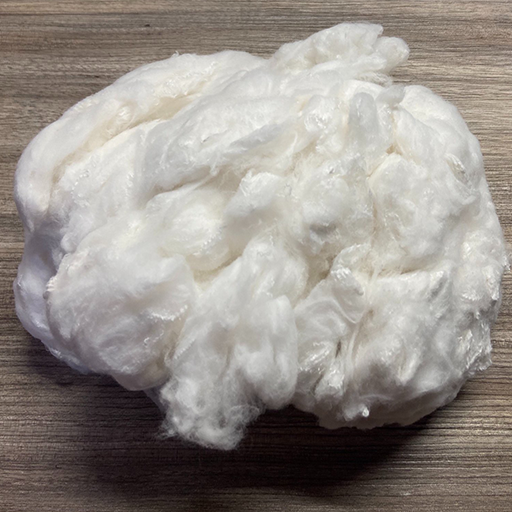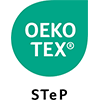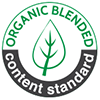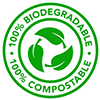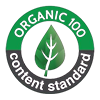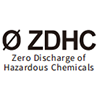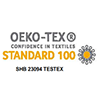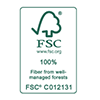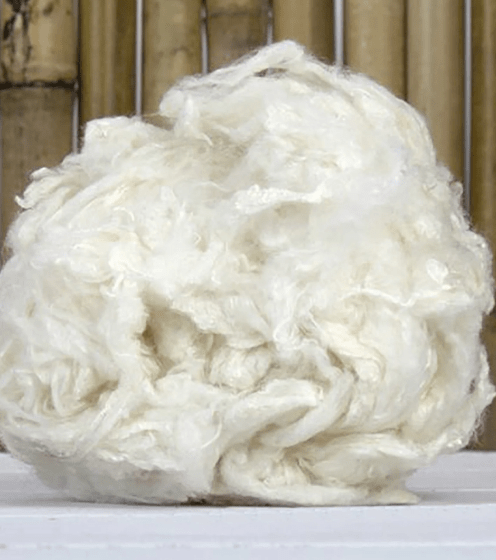PVA Fibre (Polyvinyl Alcohol Fibre) — 1.2D & 1.5D Grades
Product Overview:
PVA fibre is a water-soluble synthetic fibre widely used across textile, packaging, and non-woven industries. It offers tailored solubility and high-performance compatibility for various blending and processing applications.Natural Color
1.2 Denier (D)
1.5 Denier (D)
These fine denier fibres provide excellent dispersion, uniformity, and compatibility with both natural and synthetic fibres.Dissolution Temperature Grades (°C):
PVA fibre is available with controlled solubility at the following temperature thresholds:40°C
50°C
60°C
70°C
80°C
90°C
This range allows for precise selection based on process requirements, making it ideal for applications involving:Yarn core removal
Fabric structuring and shaping
Controlled disintegration during dyeing and finishing
Temporary support in high-performance or specialty textiles
Key Advantages:
High tensile strength and excellent elongation
Biodegradable and environmentally friendly
Customizable dissolution profiles for diverse industrial uses
Main Applications of PVA (Polyvinyl Alcohol) Fibre
The best mechanical double cottonised we make is the HONEY type which is used in linen rich blends upto 55% linen with long staple cottons in finer counts.
Bleached Linen Fibre – Belgium origin
1. Water-Soluble Non-Woven Fabric Production
PVA fibre is a key raw material for producing water-soluble non-woven fabrics, which are commonly used as:Embroidery base cloths
Machinery-made lace with a handcrafted appearance
Disposable industrial textiles, meeting the stringent hygiene and sanitation requirements of specialized industries
2. Water-Soluble Fine-Spinning Yarn
Used in the production of water-soluble yarns that, when woven with other fibres, can be dissolved during dyeing and finishing processes to create:Jacquard-style openwork fabrics
Warp and weft hollow-out structures
Lightweight, soft, and voluminous textiles
Delicate lace and decorative textiles
3. Intermediate Fibre for High-End Wool Textiles
PVA can be interwoven with low-count wool (or top) to aid spinning. Once removed during dyeing and finishing, it helps achieve:High-count, lightweight, and soft pure wool fabrics
Bulky and high-grade textures
Improved yarn strength for enhanced spinning performance and expanded design versatility
4. Blending with Cotton, Hemp, and Polyester
PVA fibre can be used as a sacrificial component when blended with:Cotton to produce high-count pure cotton fabrics
Hemp for lightweight, soft, pure hemp textiles
Polyester to replicate silk-like textures in synthetic fabrics
5. Enhancing Pashmina and Low-Strength Fibres
When interwoven with fibres like pashmina, PVA:Improves spin-ability and yarn formation
Acts as a supportive scaffold, then dissolves during processing
Enhances final product quality without leaving residues
6. High-Count Water-Soluble Yarn Blends
PVA fibres blended with cotton can be used to produce:High-count water-soluble yarns, ideal for advanced textile applications where temporary structural integrity is required during fabrication
